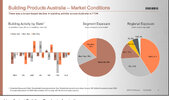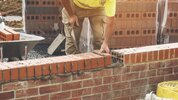- Joined
- 3 July 2009
- Posts
- 27,714
- Reactions
- 24,660
The other way of looking at it is, what happens if they don't stop the ponzi, everyone in Australia buys an investment property because it is a sure fired winner and even if it isn't, it is a really cheap loan that the taxpayer takes half the loss.However we are in this situation now where we have a housing/renting crisis and any drastic changes but at this point in time will have a profoundly negative effect
It has become Flckn stupid, it's a safer bet than the pokies, so it wont be long before everyone is on it.



